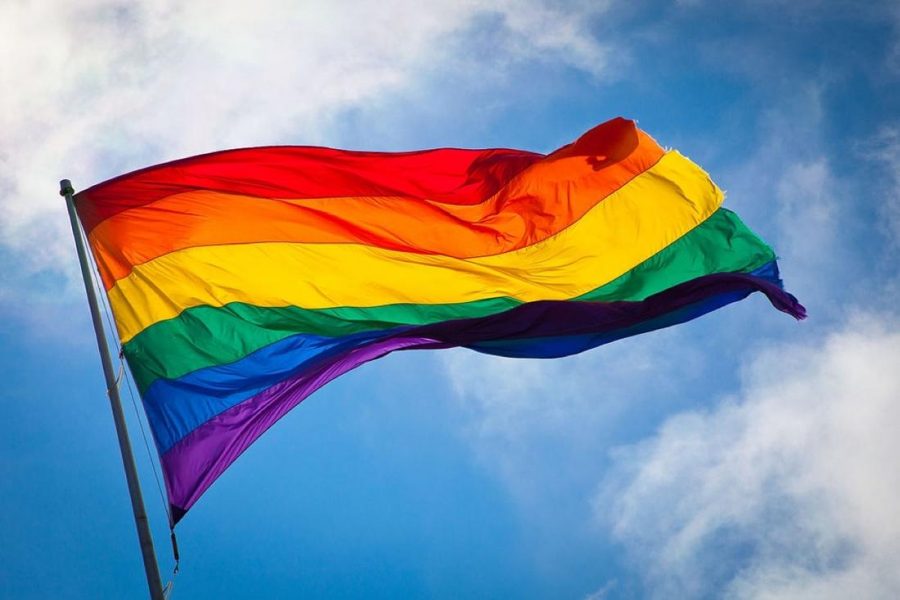By Julia Taliesin
Staff Writer
On Oct. 14, a car bomb and a truck bomb detonated in the busy Somali capital of Mogadishu, killing 358 people and injuring 228. The car bomb went off at a police checkpoint, and caused few casualties. The truck bomb detonated near a fuel tanker, and triggered a giant explosion and fireball that demolished a hotel and several other buildings, incinerating nearby civilians. Media reports and security officials are still debating whether the target was a section of the Mogadishu airport, the Turkish military base, or Somalia’s foreign ministry.

The Guardian reported devastated families wandering through the rubble trying to find loved ones. “There’s nothing I can say. We have lost everything,” said Zainab Sharif, a mother who had lost her husband. Over 100 bodies were burned beyond recognition and were buried by the government in a mass grave. Hospitals put out a plea for blood donations and some patients even had to be airlifted to Turkey, Sudan, or Kenya for treatment.
While no group has officially claimed responsibility for the attack, many believe responsibility lies with the terrorist group al-Shabaab, an Islamist insurgency group linked to al-Qaeda that has been terrorizing people for years. The driver of the truck bomb was killed in the blast, but the driver of the car bomb was detained after trying to run away. He identifies himself as part of al-Shabaab.
Media report that al-Shabaab has not claimed responsibility for this attack because they do not want to be associated with such a massive loss of civilian life. While the group is known for car bomb attacks like this, the attacks have never been of this magnitude. Other aspects of that attack are inconsistent with their usual style; for example, some of the ingredients used in the bomb suggest larger scale weapons manufacturing, whereas before the bombs were obviously homemade. The New York Times reported this could indicate that al-Shabaab has begun working with the large al-Qaeda group in Yemen.
The reason behind the attack is debated. Al Jazeera reported that the Turkish military base might have been the target because Somalia is the largest recipient of Turkish aid. The Guardian reported that the attack may have been in retaliation to a botched raid of an al-Shabaab area by United States military that cost civilian life, including killing several children.
Somali president Mohamed Abdullahi “Farmajo” Mohamed called for a united front against al-Shabaab, and declared a state of war. “Al-Shabaab started to kill 10 people, we kept silent, then they killed 20, and next they killed 100,” said the Somali president, “Now, they killed 300 innocent Somali civilians.” Thousands protested the bomb attack on the streets of Mogadishu. BBC reported that this is something never seen before, as most people are afraid that a large gathering would be targeted by a terror group. This demonstration, however, was not fearful, but angry. BBC quoted a young woman protester, who said, “If the Somali people can unite they can defeat anything.”














